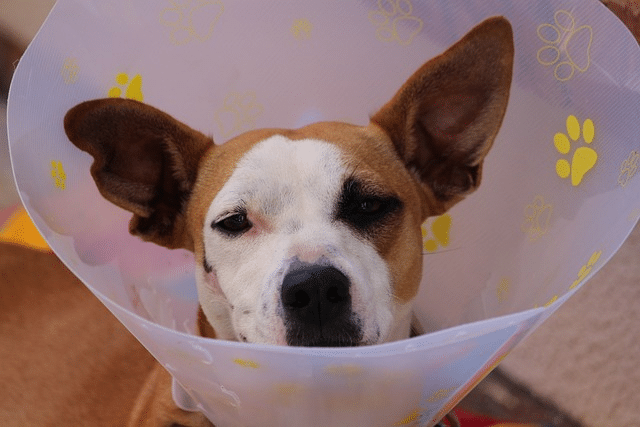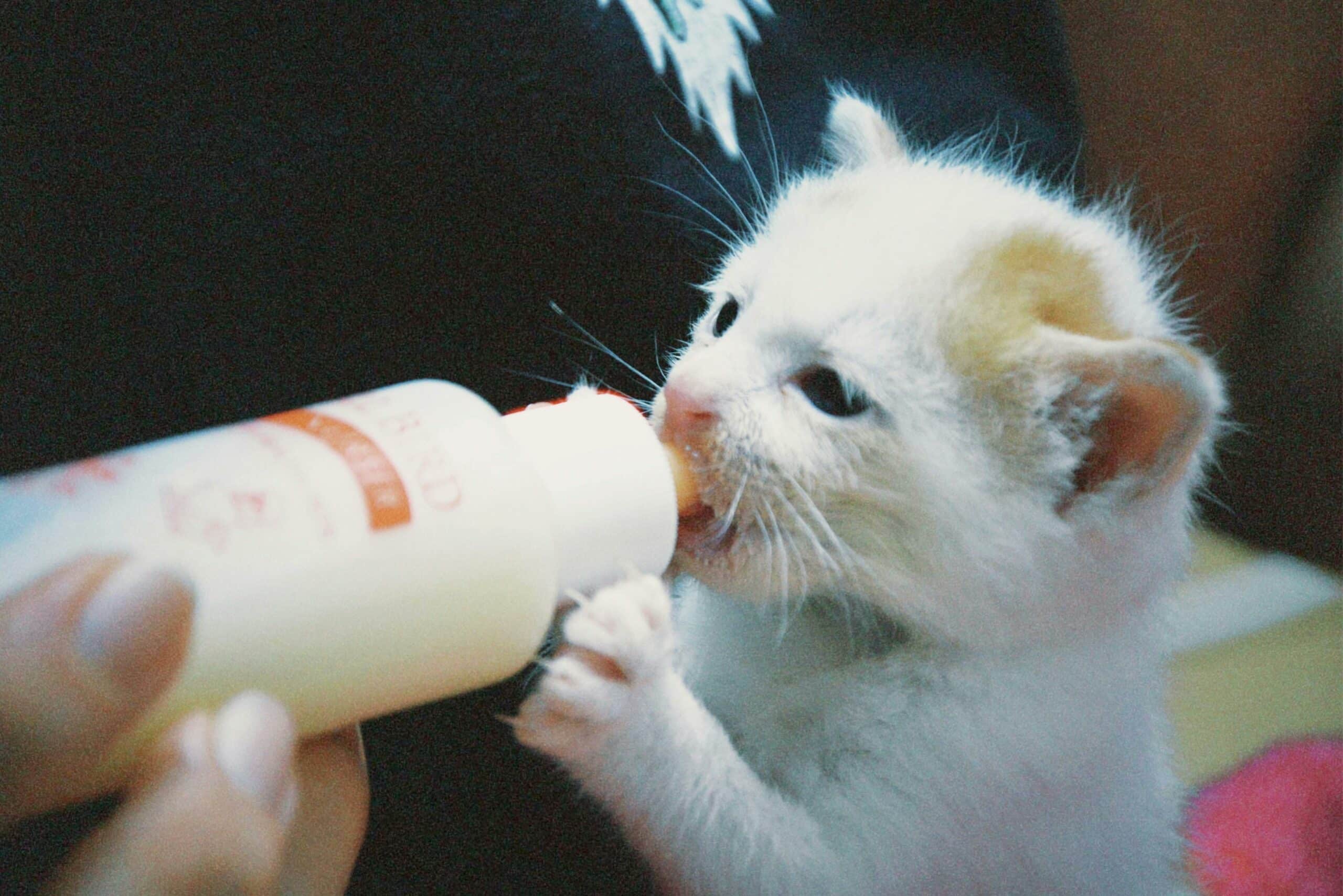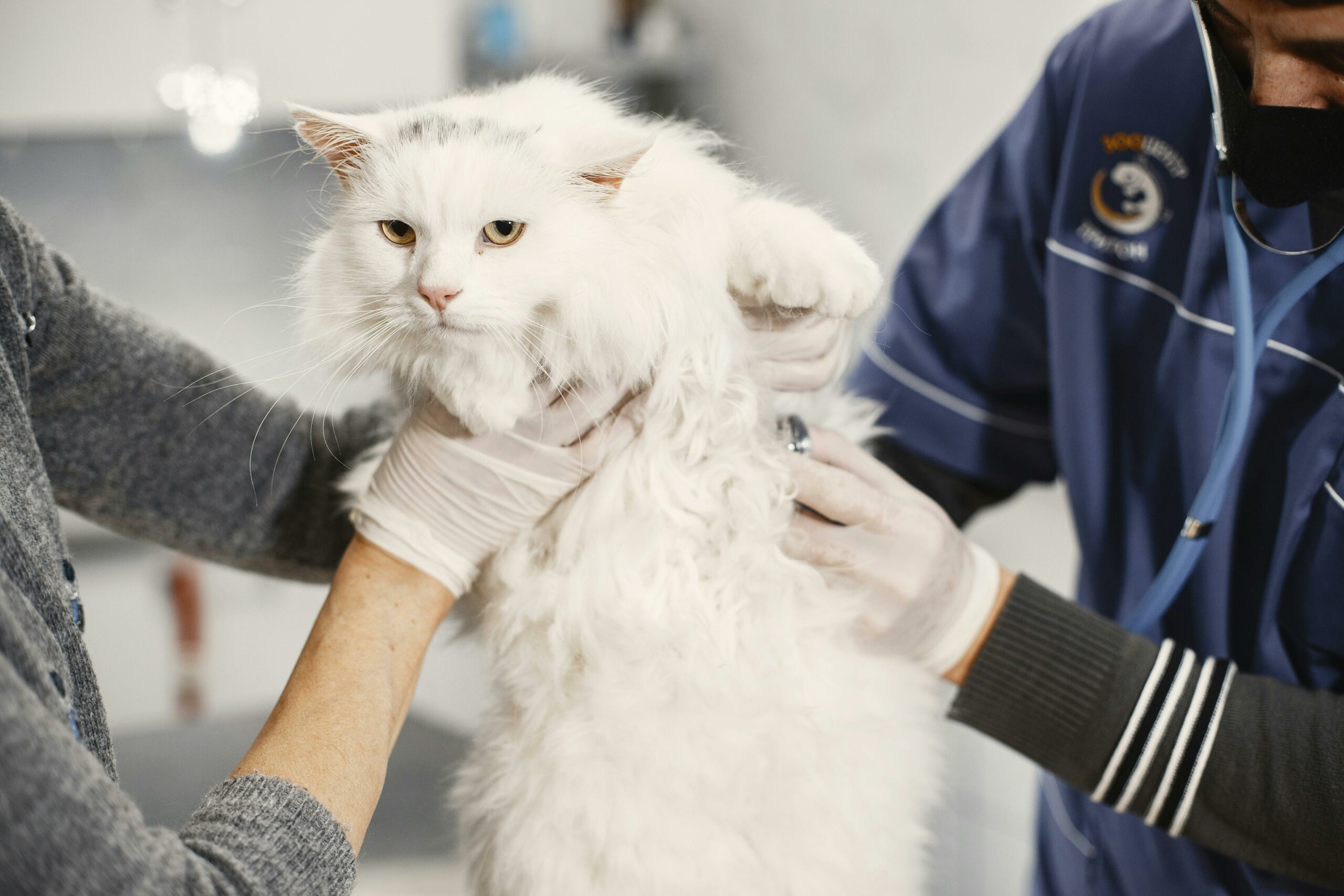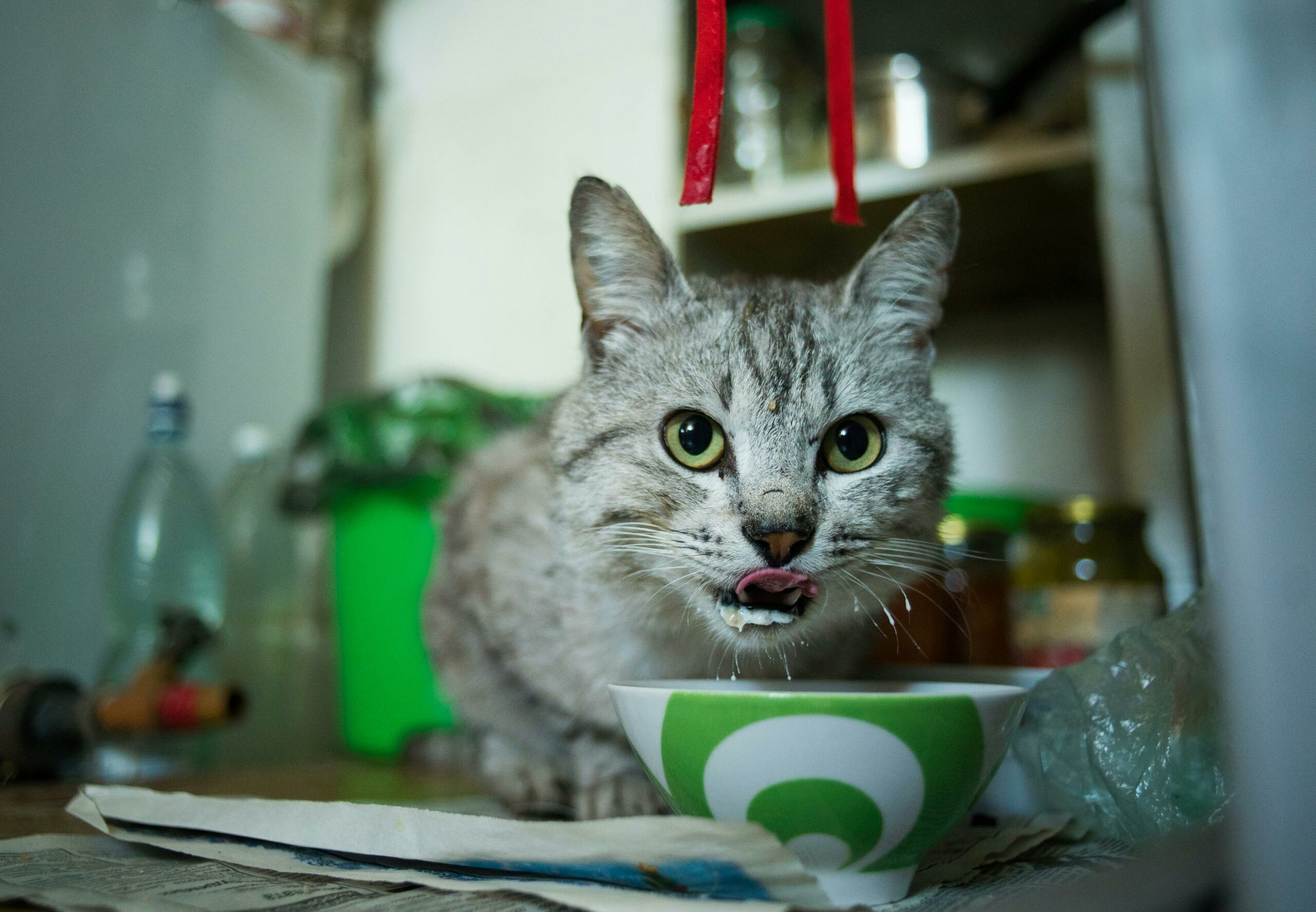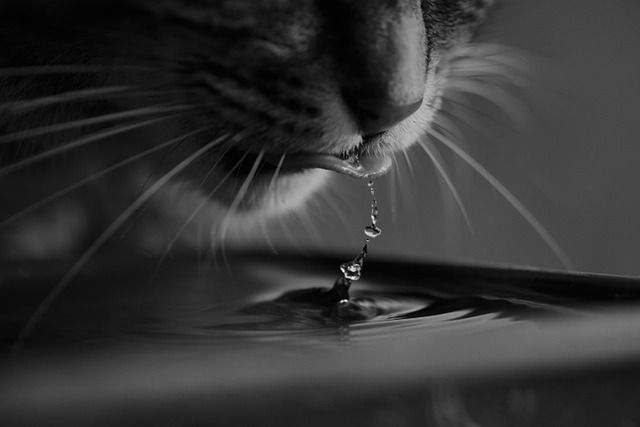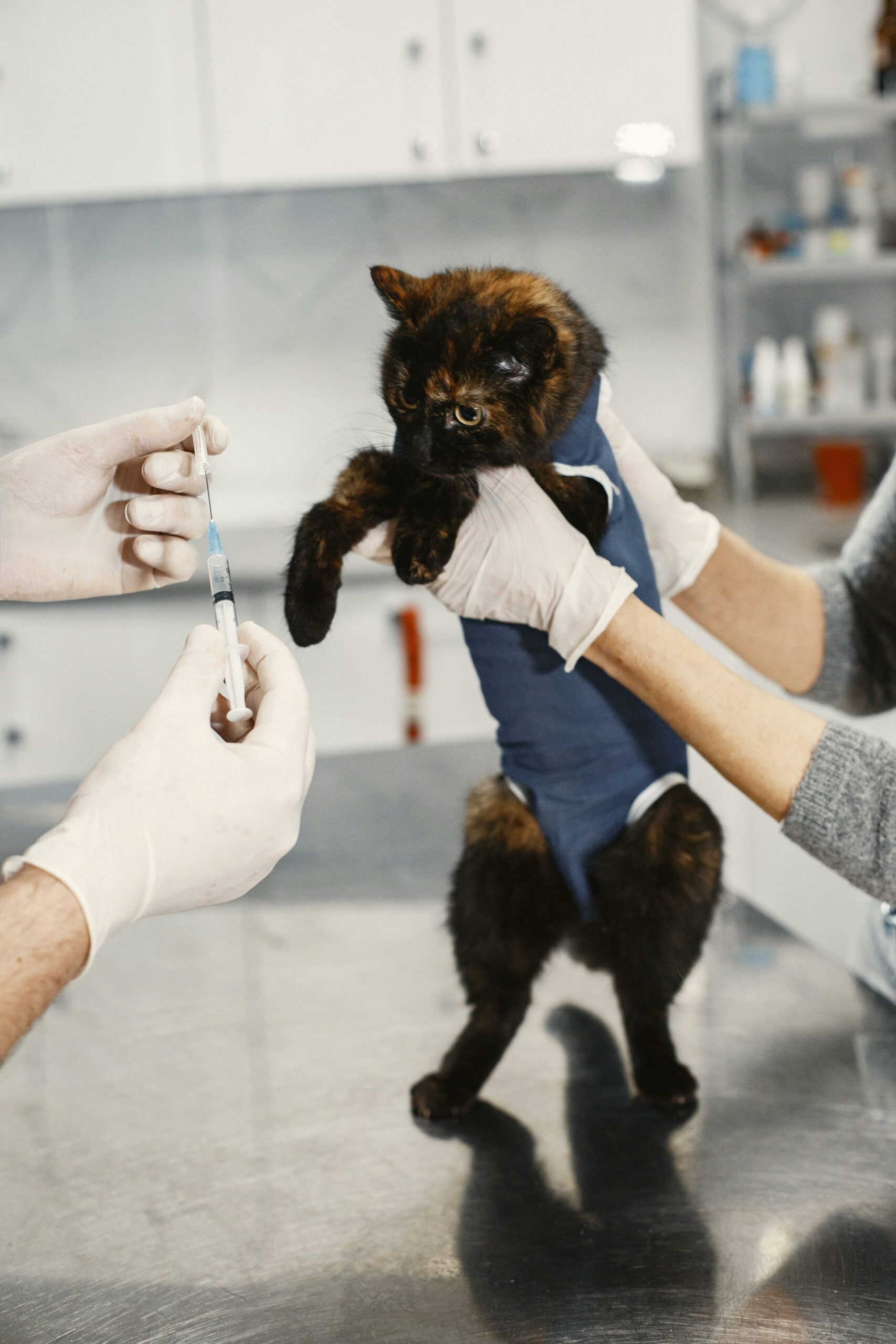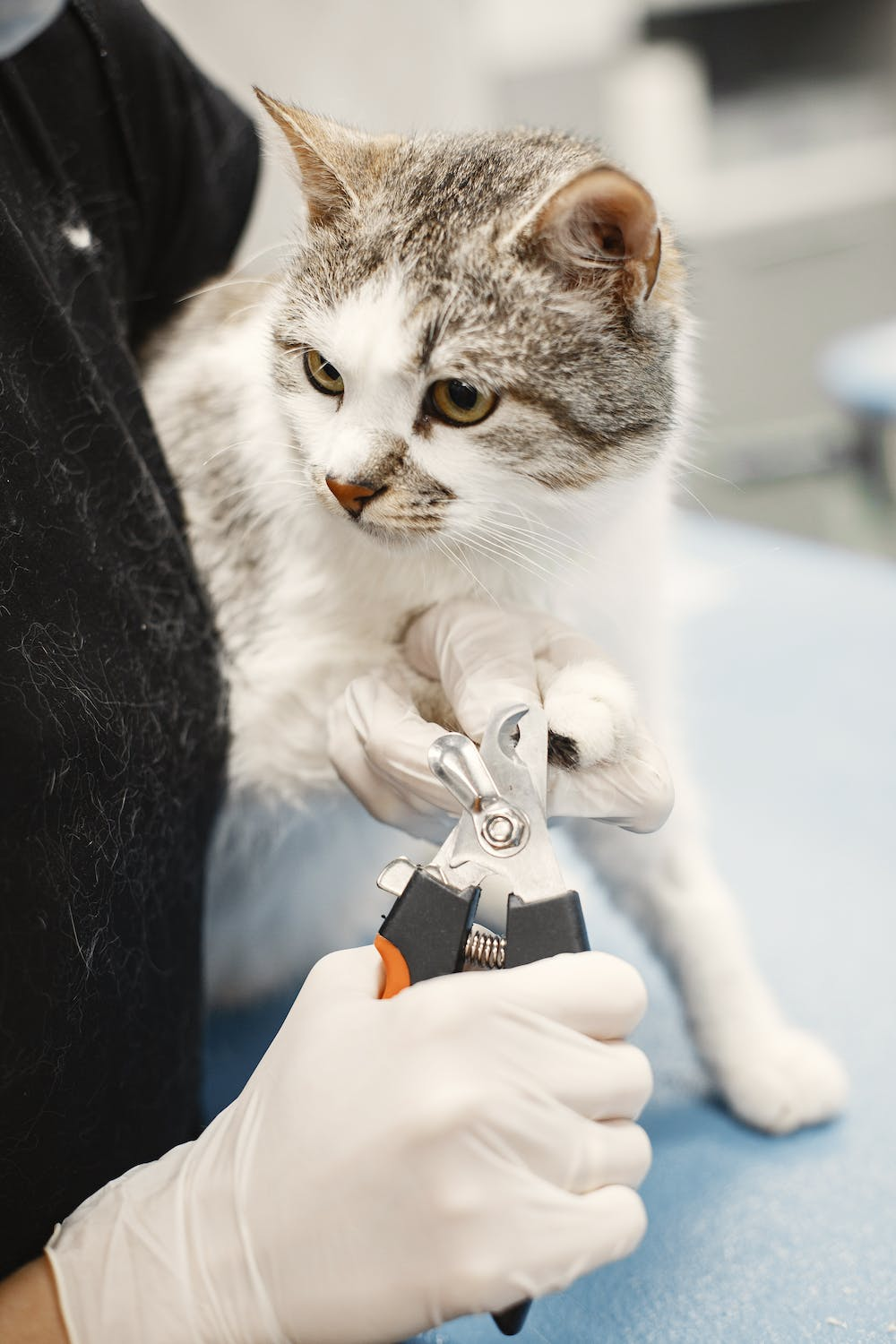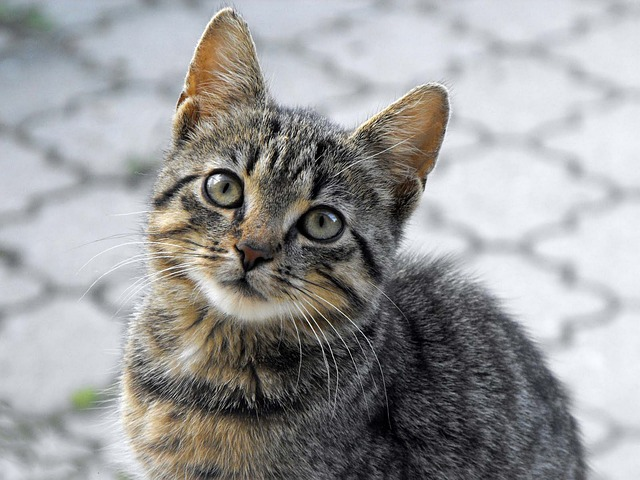Cat pregnancy is a fascinating topic for many pet owners and breeders. But often asked is the question of how long are cats pregnant? It is one of the crucial stages that involve a lot of physical and emotional changes in your feline friends. However, the duration of feline pregnancy can vary significantly from one breed to another. So if you’re a cat parent or contemplating breeding your feline friend, it’s imperative to know how long most cats are pregnant. In this blog post, we’re going to explore everything you need to know about feline pregnancy.
The Average Duration of Feline Pregnancy:
The average feline pregnancy period or cat gestation period is 63 to 68 days. However, cat pregnancy can last for as little as 58 and as long as 70 days, and how many kittens every mother cat has is different depending on various factors such as body temperature, breed, litter size, and age of the cat. It’s crucial to track the cat’s conception (copulation) date to approximate the due date.
Feline Pregnancy Stages:
Like humans, when a cat is pregnant, there are three stages of pregnancy. The first stage spans from conception to the 3rd week. At this time, the pregnant cat may experience mood swings, fatigue and may become more affectionate than usual. In the second stage, the cat’s belly starts to grow as the fetuses develop inside her womb. The third stage is the final stretch of the cat’s body temperature and gestation period where the cat prepares for delivery. The veterinarian may check on the cat to ensure everything is okay.
Factors affecting Feline Pregnancy Period:
Several factors can impact a cat’s pregnancy. One of the most crucial factors is breed. Certain breeds such as Siamese, Burmese, and Korat have a shorter gestation period compared to four to six kittens for others, while the Persian and Himalayan breeds may take longer. Also, litter size can affect the cat pregnancy length and period since bigger litters tend to have a shorter time frame. The cat’s age can also play a role. Younger cats may experience a more extended pregnancy period than older cats.
How to Monitor Feline Pregnancy:
It’s essential to monitor a pregnant cat’s health to ensure the well-being of the fetuses. Observing the mother cat’s behavior, feeding her with a proper diet, taking her to the vet regularly, and minimizing stressors are all essential for a healthy pregnancy. You can also opt for an ultrasound scan to determine the number of fetuses and their development status.
Feline Pregnancy Complications:
Sometimes, feline pregnancies may not go smoothly, resulting in complications such as miscarriages, stillbirths, or kitten deformities. Some of the common causes of feline pregnancy complications include hormonal imbalances, infections, poor nutrition, and genetics. In such cases, it’s crucial to seek veterinary care immediately.
A Sneak Peek into How Cats Behave During Pregnancy
Cats are one of the most loved and popular pets all over the world. They are furry, cute, and lovable creatures that bring joy to the hearts of their owners. As responsible pet owners, it’s important to be aware of the behavior and needs of our pets – especially during pregnancy.
During their pregnancy period female cats undergo significant changes and exhibit different behaviors. Understanding your female cat’s pregnancy behavior will help you provide proper care and support to ensure her wellbeing and the safety of her litter.
The first signs of pregnancy in cats are often subtle and can easily be missed if you aren’t paying attention. The most apparent sign that your cat’s stomach is pregnant is an increase in their appetite. A sudden shift in your cat’s eating habits, including the frequency and portion size, is an indication that she is pregnant. Although humans get morning sickness, cats do not.
You may also notice a slight weight gain, swollen nipples, and a decrease in the kitten food and activity level early in the first litter of pregnancy. As the pregnancy progresses, your cat’s abdomen will become more prominent.
Cats require extra care and attention during their pregnancy period. It’s essential to provide them with a comfortable and safe environment for the growth and development of the kittens born their litter.
This means providing your cat with a calm, quiet, and stress-free environment. Pregnant cats are sensitive to noise, so it’s best to create a space where they can relax and sleep peacefully.
It’s also important to make sure mother cats that they have access to clean water, comfortable bedding, and food that is rich in nutrients and protein to support their needs and the needs of their litter.
One of the most noticeable changes in a pregnant cat’s behavior is their desire for affection and attention. Cats that are usually aloof may become more affectionate and clingy during pregnancy. They may seek more attention, cuddles, and rubs, and enjoy spending time with their owners.
Pregnant cats also have a strong maternal instinct, and they may start to display nesting behavior before giving birth. This behavior includes searching for a safe and comfortable place to give birth, including hiding in closets, under the bed, or in a dark corner.
In the last stage of her pregnancy, your cat may exhibit signs that she’s about to give birth soon. These signs include restlessness, nervousness, and frequent grooming of her genital area. She may also start to look for a place to give birth and may become more vocal or aggressive if she feels her space is being invaded
It’s important to monitor your cat closely during this period and provide her with the necessary support she needs during labor and delivery.
The Pros and Cons of Spaying Your Cat: All You Need to Know
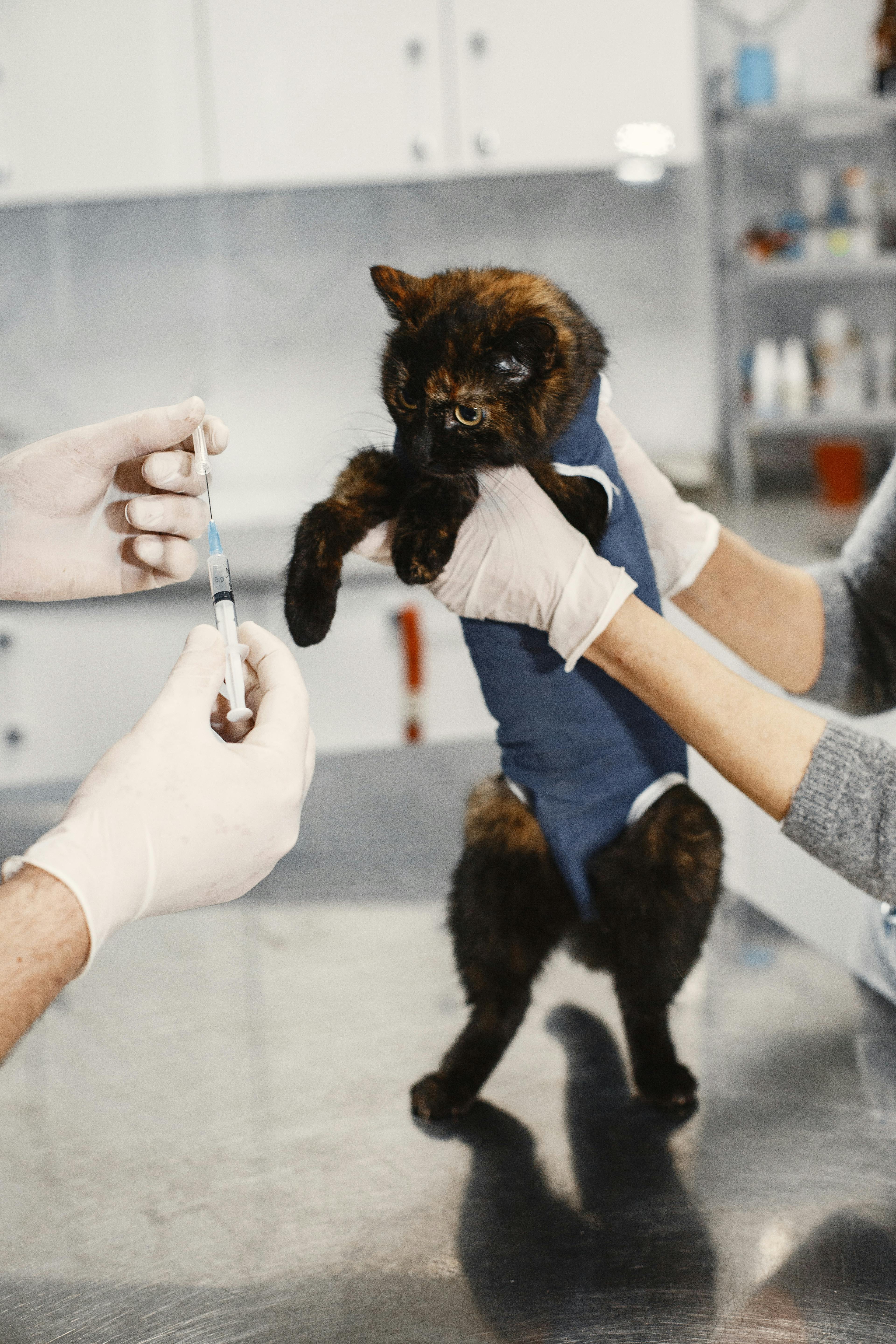
If you’re a cat owner, then you’ve probably heard of spaying. This is a surgical procedure that involves removing the ovaries of female cats to prevent them from breeding. While it is quite common, many cat owners still have second thoughts about it, wondering whether the cons outweigh the pros. Next we’ll discuss the pros and cons of spaying your female cat, and help you make an informed decision about your furry friend’s health.
The Pros:
a. Prevention of undesirable behavior: Spaying your cat can prevent unwanted behaviors commonly associated with cats in heat, such as yowling, scratching, and destructive behavior. It also reduces the chances of your cat becoming pregnant.
b. Health benefits: Spaying your cat can eliminate the chances of your cat developing ovarian and uterine cancer. Breast cancer is also less common in spayed cats.
c. Reduced territorial marking: Spayed cats are less likely to spray urine around their territory. This is because the procedure reduces the urge to mate.
The Cons:
a. Surgical risks: As with any surgical procedure, getting a cat spayed has its risks, including adverse reaction to anesthesia, infection, and bleeding.
b. Changes in behavior: Spaying your cat can cause changes in their behavior, such as increased appetite, decreased activity, or lethargy.
c. Costly: Depending on where you live and your budget, the cost of spaying your cat can vary.
d. Lack of reproductive freedom: When you spay your cat, you take away their reproductive freedom. For those concerned about their cat’s welfare, this can be a negative aspect.
What to Consider:
a. The age: The best time to spay your cat is between 4-6 months of age. This is before they go into their first heat cycle. Older cats can also be spayed but may present increased surgical risks.
b. Recovery time: After surgery, your cat will need time to recover. The recovery time for spaying is typically around 14 days.
c. Long-term effects: While spaying your cat can have long-term benefits, such as protection against reproductive health issues, it can also come with lasting effects such as changes in behavior.
Spaying your cat is a personal decision. It can have numerous benefits, including the prevention of undesirable behavior, reduced territorial marking, and protection against reproductive health issues. Before deciding whether or not to spay your cat, it is important to weigh the pros and cons based on your personal circumstances. Additionally, if you’re uncertain about the procedure, your veterinarian is a great resource to discuss the options and considerations unique to your pet. Ultimately, it is up to you to make the best decision for the long-term health of your furry friend.
Understanding your cat’s pregnancy behavior is crucial for her wellbeing and the safety of her litter. It’s important to provide your cat with a calm, quiet, and stress-free environment, along with proper nutrition and care, to ensure a healthy pregnancy and a safe delivery. If you notice any concerning behavior or changes in your cat’s health, it’s essential to consult your veterinarian for proper diagnosis and treatment.
With proper attention and care, you can help your cat have a safe and stress-free pregnancy and bring healthy kittens into the world.ts are pregnant is crucial for pet owners and breeders. With the average feline pregnancy lasting between 63 to 68 days, cat parents need to be vigilant of their cat’s behavior throughout the three stages of pregnancy. It’s equally important to monitor the mother cat’s health and maintain a proper diet.
If you ever have any concerns, don’t hesitate to reach out to Sirius Veterinary Care for advice. Hopefully, this guide has provided valuable information on how long cats are pregnant and helped you prepare for your feline friend’s pregnancy.


